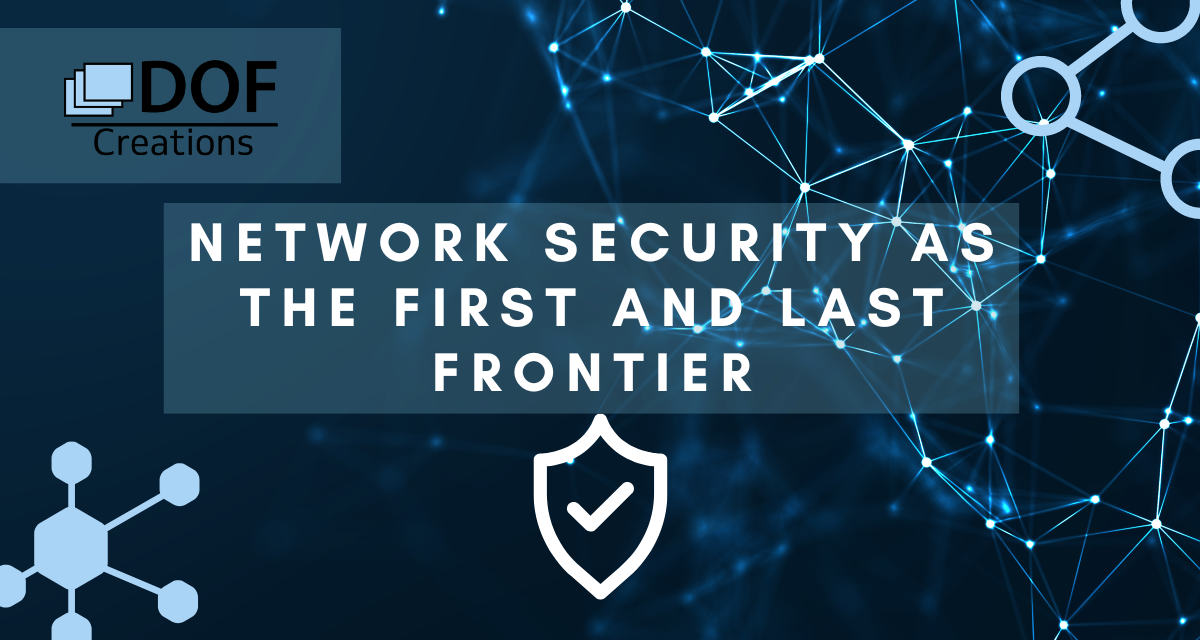Networking is often considered the first frontier of IT. As a critical pillar of any modern organization, your network fuels communication, collaboration, and information exchange. It enables your organization to connect devices, systems, and users both within and outside the organization.
As cyberattacks and data breaches dominate the news, and AI-powered encryption and monitoring tools are put forward as the cutting edge of defense reshaping cybersecurity, the central nervous system of your infrastructure is still the starting point of all things security. While network security refers to the measures taken to protect your network and the devices connected to it from unauthorized access, misuse, and attack, including firewalls, intrusion detection and prevention systems, encryption, and secure protocols, modern network security can more accurately be described as dynamic network security.
This refers to a security approach that adjusts and adapts to changing network conditions and threats in real-time. The goal of dynamic network security is to provide continuous and proactive protection against evolving cyber threats, while maintaining the availability and performance of network resources.
Dynamic network security leverages automated and real-time technologies, such as artificial intelligence, machine learning, and behavioral analysis, to detect and respond to security incidents in real-time. These technologies allow organizations to quickly identify and respond to new and evolving threats, and to continuously adapt their security posture to changing network conditions.
Dynamic network security can also involve the use of dynamic security policies that can be automatically updated in response to changes in the network environment, such as new users, devices, or applications. This allows organizations to better align their security policies with their evolving risk profile, and to more effectively manage the security of their network resources.
Overall, dynamic network security represents a shift from traditional, static security approaches to a more proactive and adaptive approach that is better equipped to deal with the ever-changing threat landscape.
Given the importance of your network to the functioning of modern organizations, it is often the first line of defense against cyber threats. A strong and secure network can help organizations reduce their exposure to cyber threats, and prevent unauthorized access, data theft, and other security incidents. As organizations continue to adopt new technologies and leverage the power of digital information, your network should still be an important part of your overall security posture.
You don’t need to be the first or experiment on yourself. Ask about what other organizations have done to implement dynamic network security solutions and reinforce their cybersecurity Front Line.



